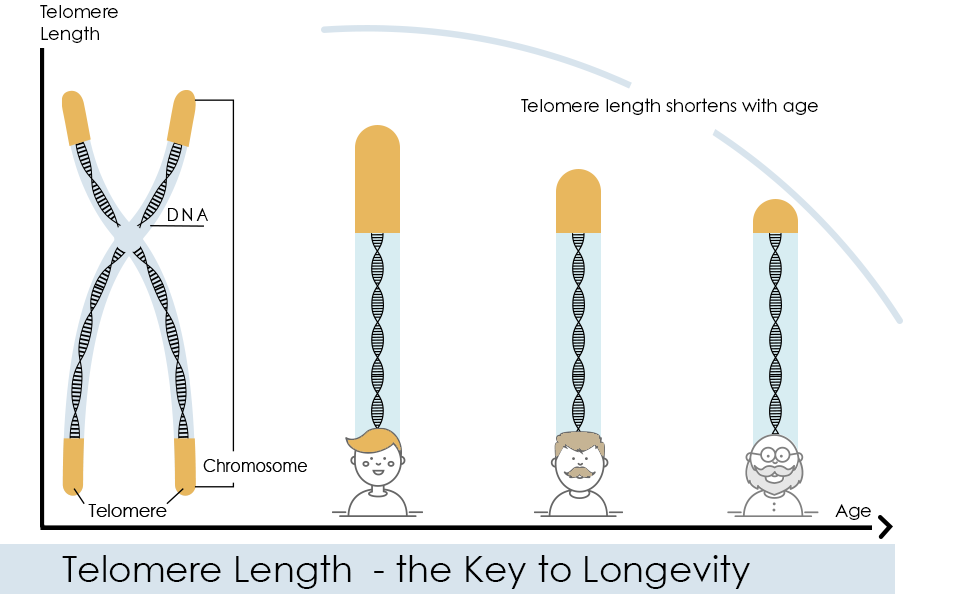Power of CRISPR: A Potential Revolution in Cancer Treatment
- Janice George
- Jan 15, 2024
- 2 min read
Striking a balance between innovation and responsible use is crucial to harness the full benefits of CRISPR in cancer treatment.

In recent years, the landscape of cancer treatment has witnessed a remarkable shift with the advent of CRISPR (Clustered Regularly Interspaced Short Palindromic Repeats) technology. This revolutionary gene editing tool has the potential to transform the way we approach cancer therapy, offering new avenues for precision medicine and targeted interventions.
CRISPR technology allows scientists to precisely modify genes within living organisms. Its simplicity and accuracy make it a groundbreaking tool for manipulating the genetic code. By utilizing CRISPR, researchers can edit or replace specific genes associated with cancer, paving the way for personalized and more effective treatment strategies. One of the key promises of CRISPR technology lies in its ability to enable precision medicine for cancer patients.
Unlike traditional treatments that may have broad effects on the body, CRISPR allows for the specific targeting of cancer-related genes. This tailored approach minimizes collateral damage to healthy cells, reducing side effects and enhancing the overall efficacy of treatment. CRISPR technology enables scientists to target oncogenes (genes that promote cancer) and tumor suppressor genes (genes that inhibit cancer).
By selectively modifying these genes, researchers aim to disrupt the molecular pathways driving cancer growth while promoting the body’s natural defenses against tumors. This targeted approach holds great promise for developing more potent and personalized cancer therapies. While CRISPR technology holds immense potential, it comes with its challenges and ethical considerations.
The ethical implications of gene editing in humans require careful consideration. Striking a balance between innovation and responsible use is crucial to harness the full benefits of CRISPR in cancer treatment.
The potential revolution of cancer treatment with CRISPR technology represents a paradigm shift in the fight against cancer. As research progresses and the technology matures, we may witness a future where cancer is treated with unprecedented precision and efficacy, offering hope to millions around the globe. The journey towards realizing this potential, however, demands a collaborative effort from scientists and CRISPR’s power is wielded responsibly in the pursuit of a cancer-free world.





Comments